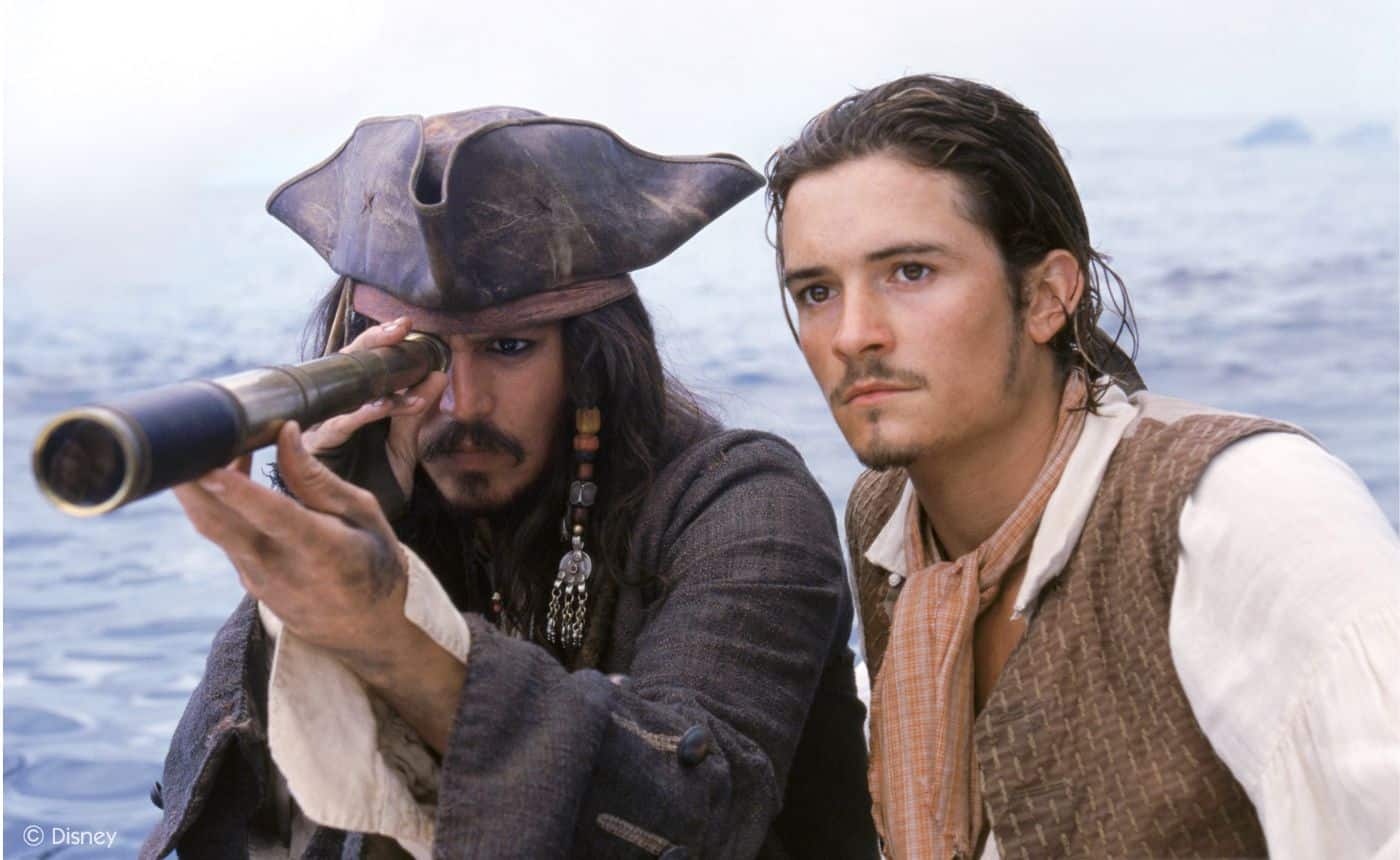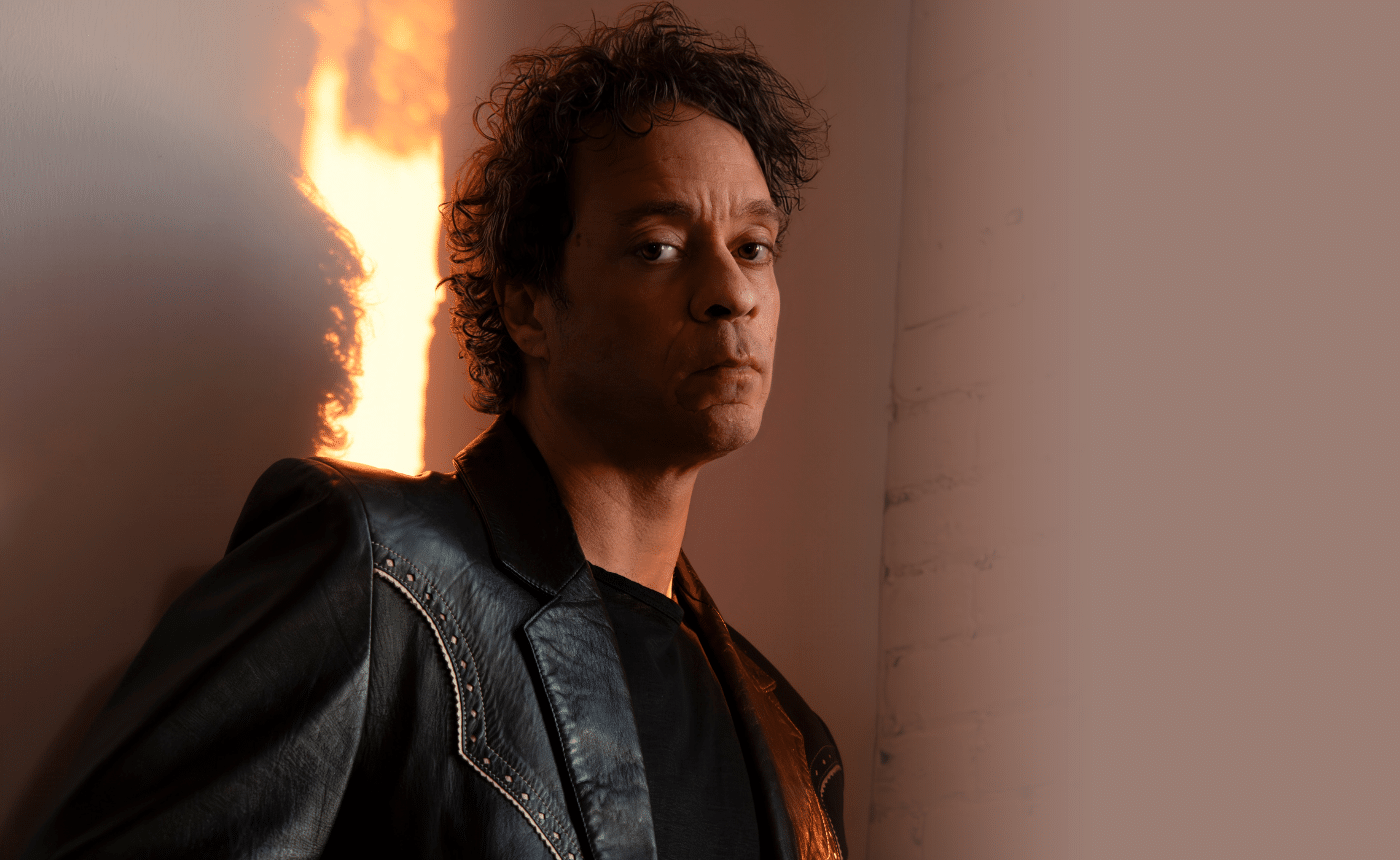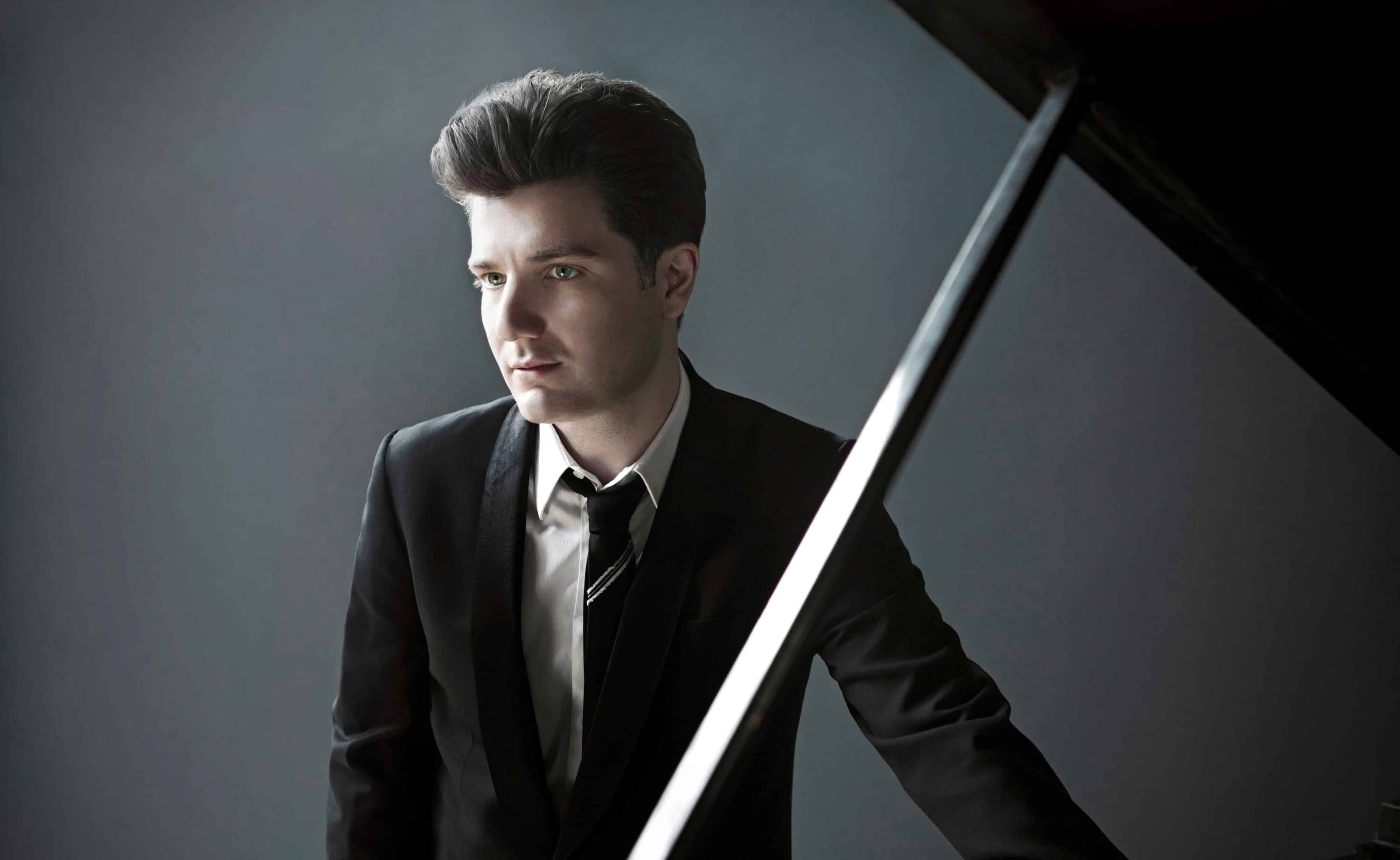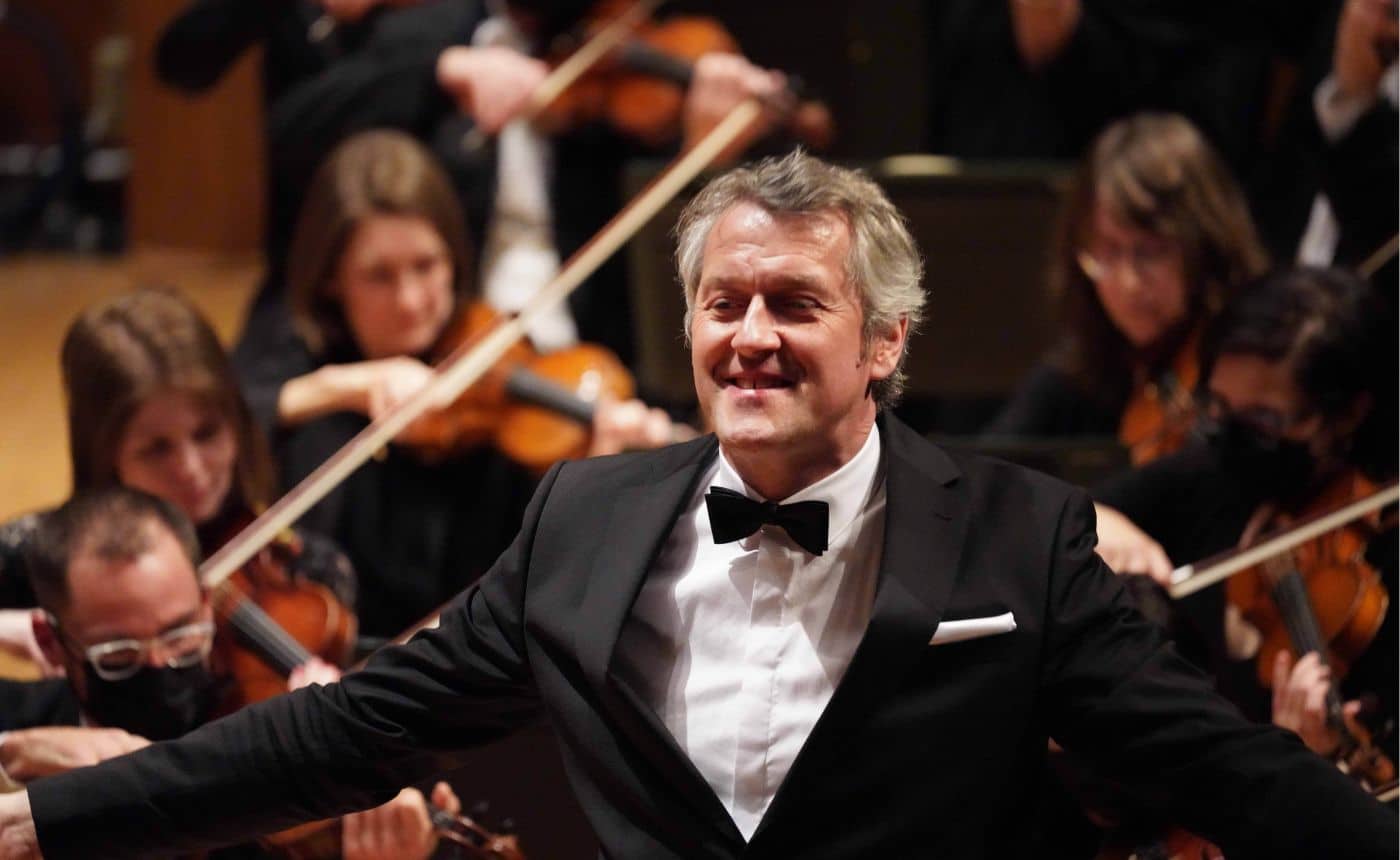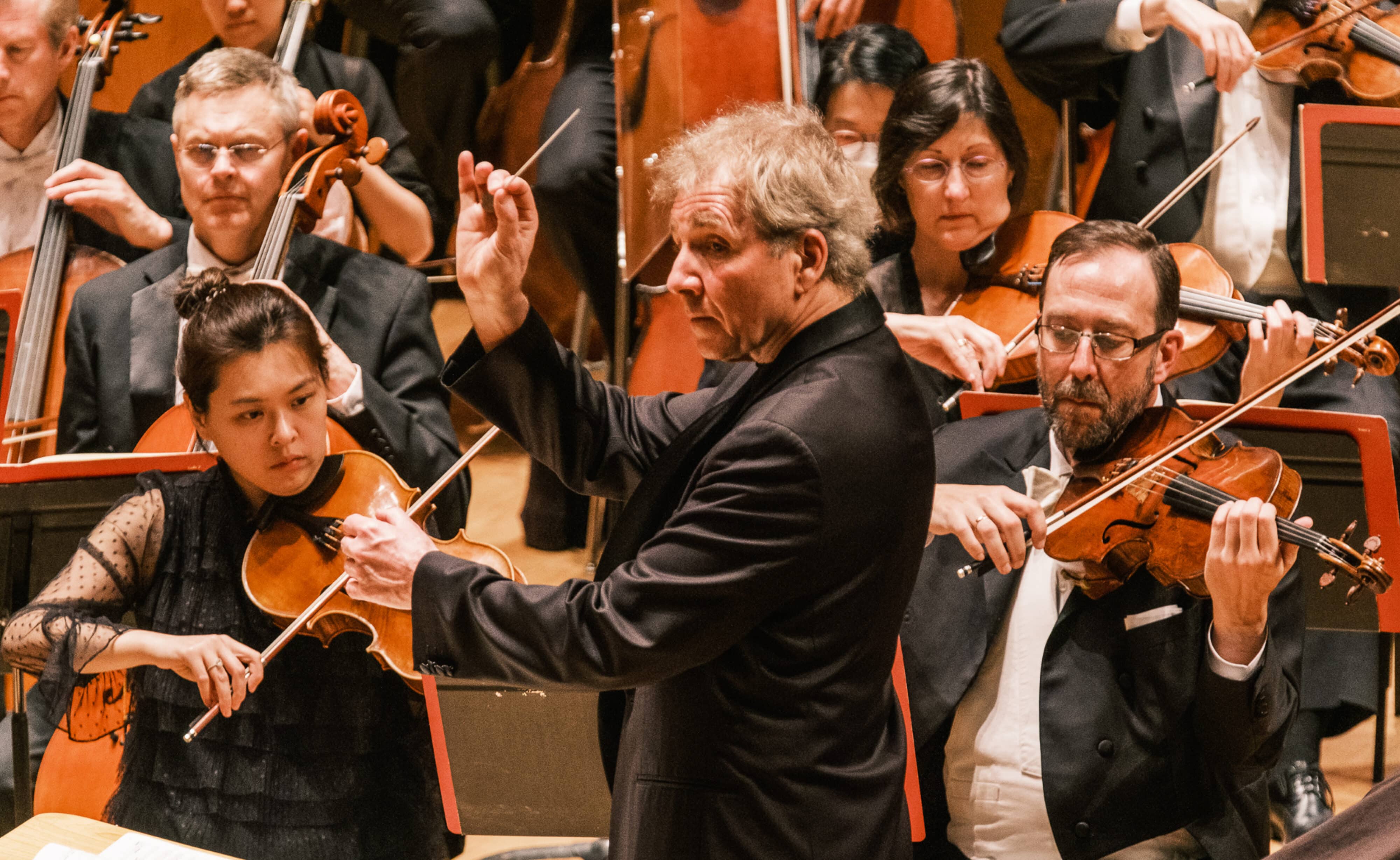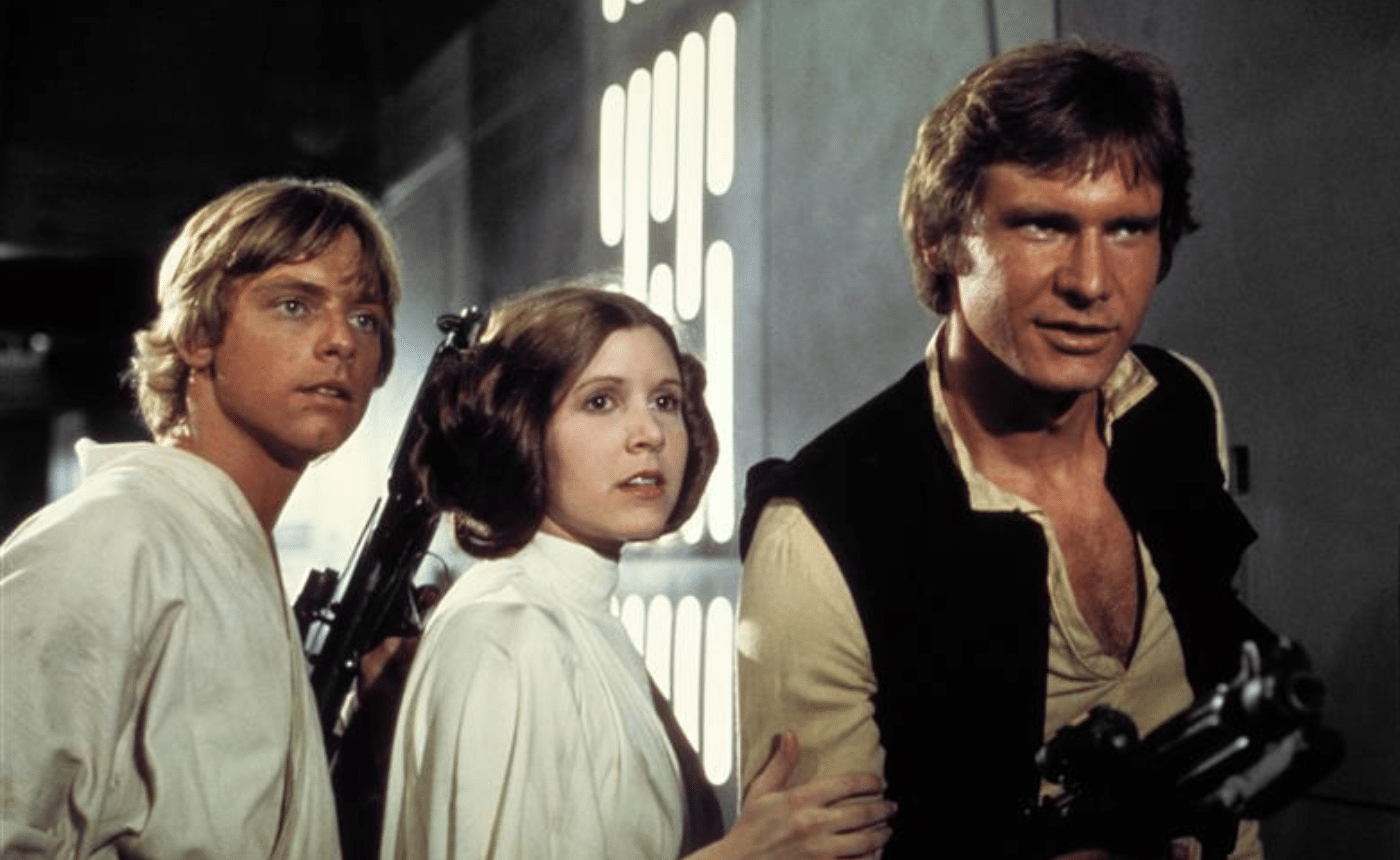Q & A with Guest Artist Edward Herrmann
Actor Edward Herrmann is joining us as the narrator for this weekend’s concert, Remembering JFK, which features compositions that pay tribute to JFK’s life and speeches.
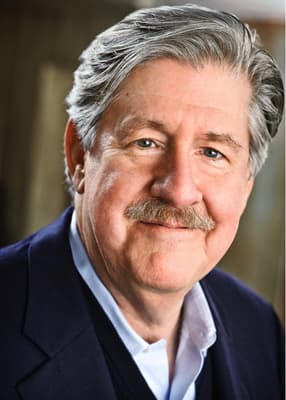
How is narrating with an orchestra different from acting?
Narrating with an orchestra is acting with an enormous ensemble. A piece of music, like a play, has a “voice”, a point of view, a “key” that must be understood and entered into if the material is to be delivered to the audience in a way in which they can really experience it. The narrator is a character as surely as Hamlet is a character. He is part of a larger message or emotional experience that is greater than the sum of its parts. Thoughts and feelings pass through the narrator the way wind passes through the mouth piece of a horn or over the reeds of an oboe or the vibrations of a string. He acts with his fellow players. If he is any good.
If you could have any of your acting roles immortalized as a piece of music, which role would it be and why?
I have played so many roles but a few come to mind that would be interesting if set to music: Franklin Roosevelt, Captain Stanhope (a marvelous character in a play set in the trenches of WWI), Malvolio (from Twelfth Night) come to mind. All are complex enough with shade and light that could make for wonderful arias and soliloquies!
What advice do you have for young people interested in pursuing a career in the arts?
The first and most important thing to note is if the young person is comfortable on stage. Do they like to be up there? The second thing is, if they are, to get trained. If one has the misfortune to be beautiful or handsome, that person can be whisked off and put in front of a camera without knowing anything about acting. If they are successful they will be squeezed until their look is no longer popular and are then discarded like used Kleenex. Show business is brutal and is littered with such sad and often suicidal cases. Acting is an art. At the least it is a craft. And it is very, very hard to do well. Good training is essential in my experience for having a long career in the theater or films. It is one of the few professions that one can practice until one falls over dead. And if one really is an ACTOR, every job can teach you something. But you must be ready to learn and have the training to use what you learn. Thirdly, keep your health! The profession is very hard physically as well as mentally. Flexibility at all levels is important. Fourth, a strong spiritual life: Buddhism, Christianity, New Age Meditation, there are many ways to experience the love of God. The Spirit of God pours through the creative process. It can be overwhelming and actually seem, to the untutored ego, to be proceeding from the actor himself. What we do is participate in that Divine energy, we allow it to pass through us. Without a clear theology or philosophy, it can send us reeling into all sorts of weird places. Keep rooted in the simple notion that we must listen, both to our fellow actors on stage and to that strange and wonderful energy that is all around us. That is what artists do. It isn’t easy. In sum, if you think you have it, get trained. You will find out pretty quickly if the audience too, is listening!





